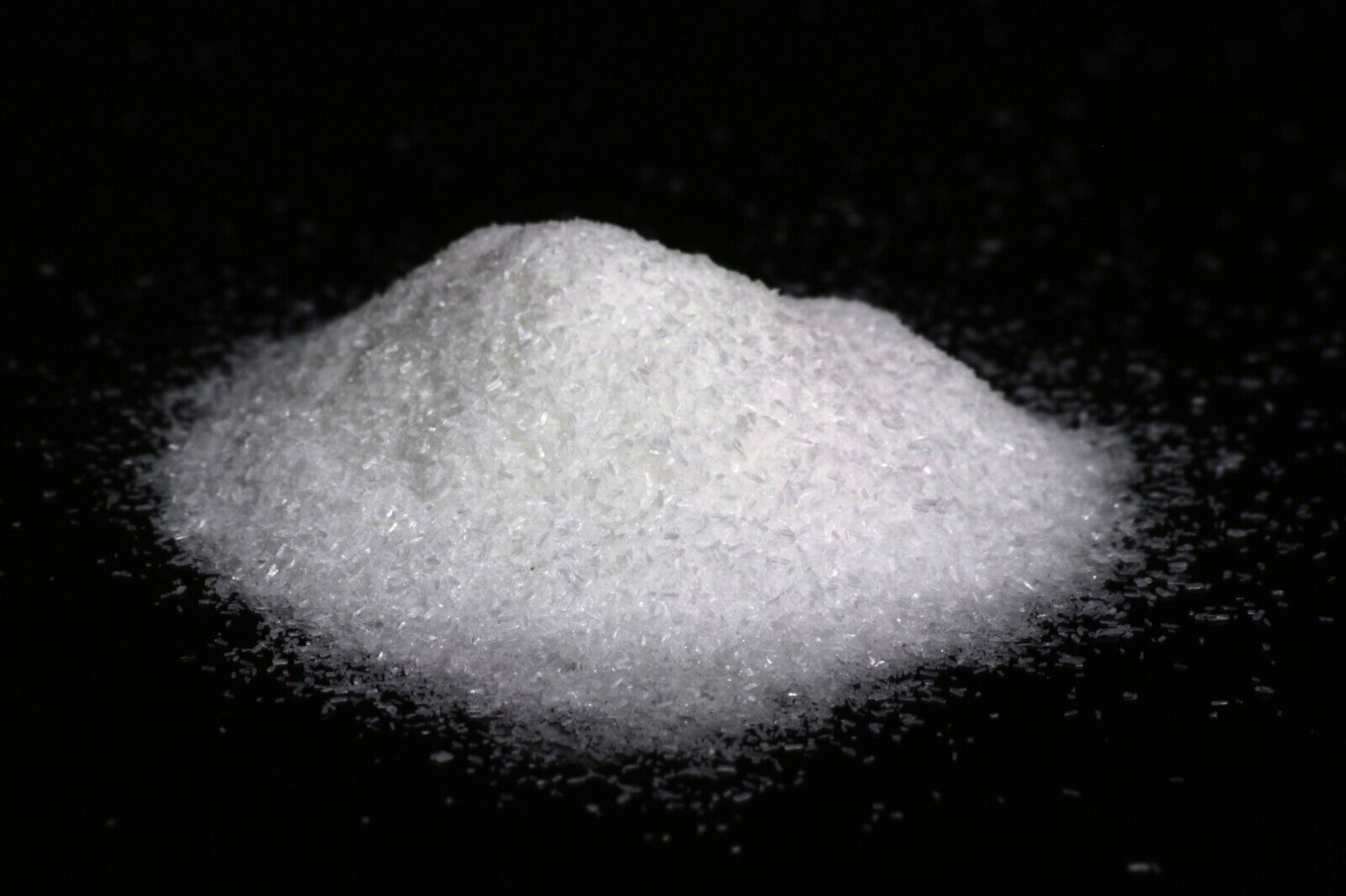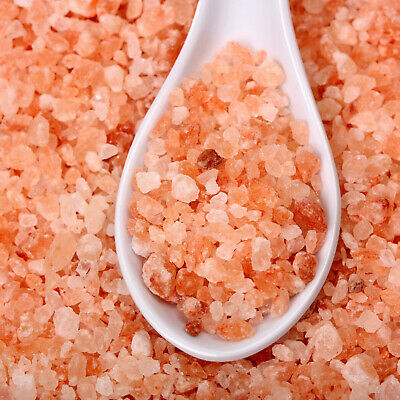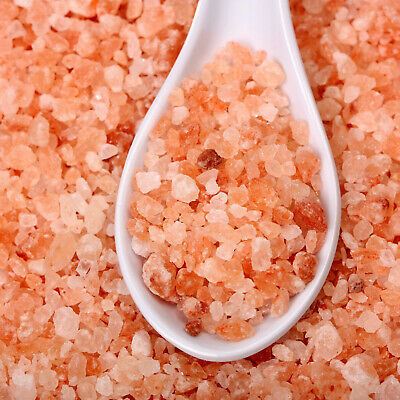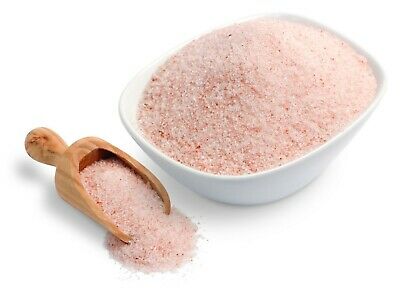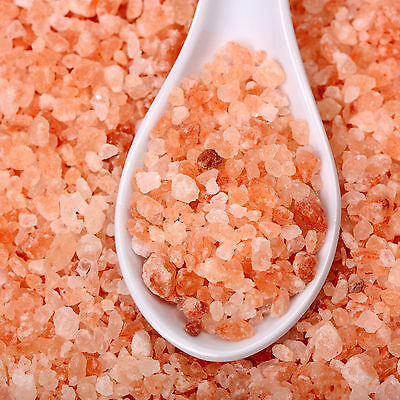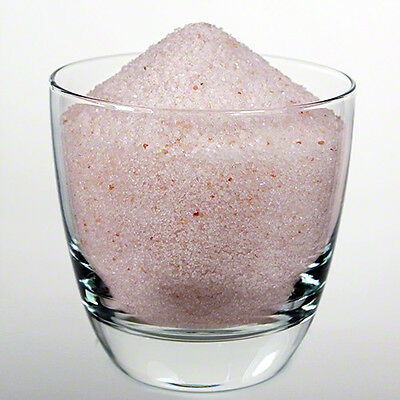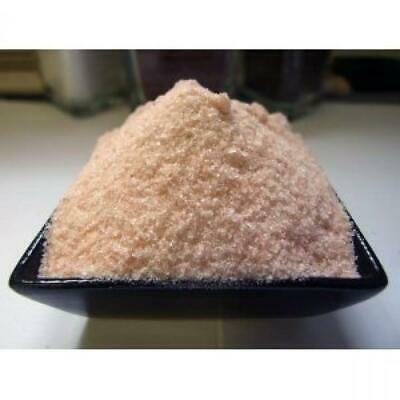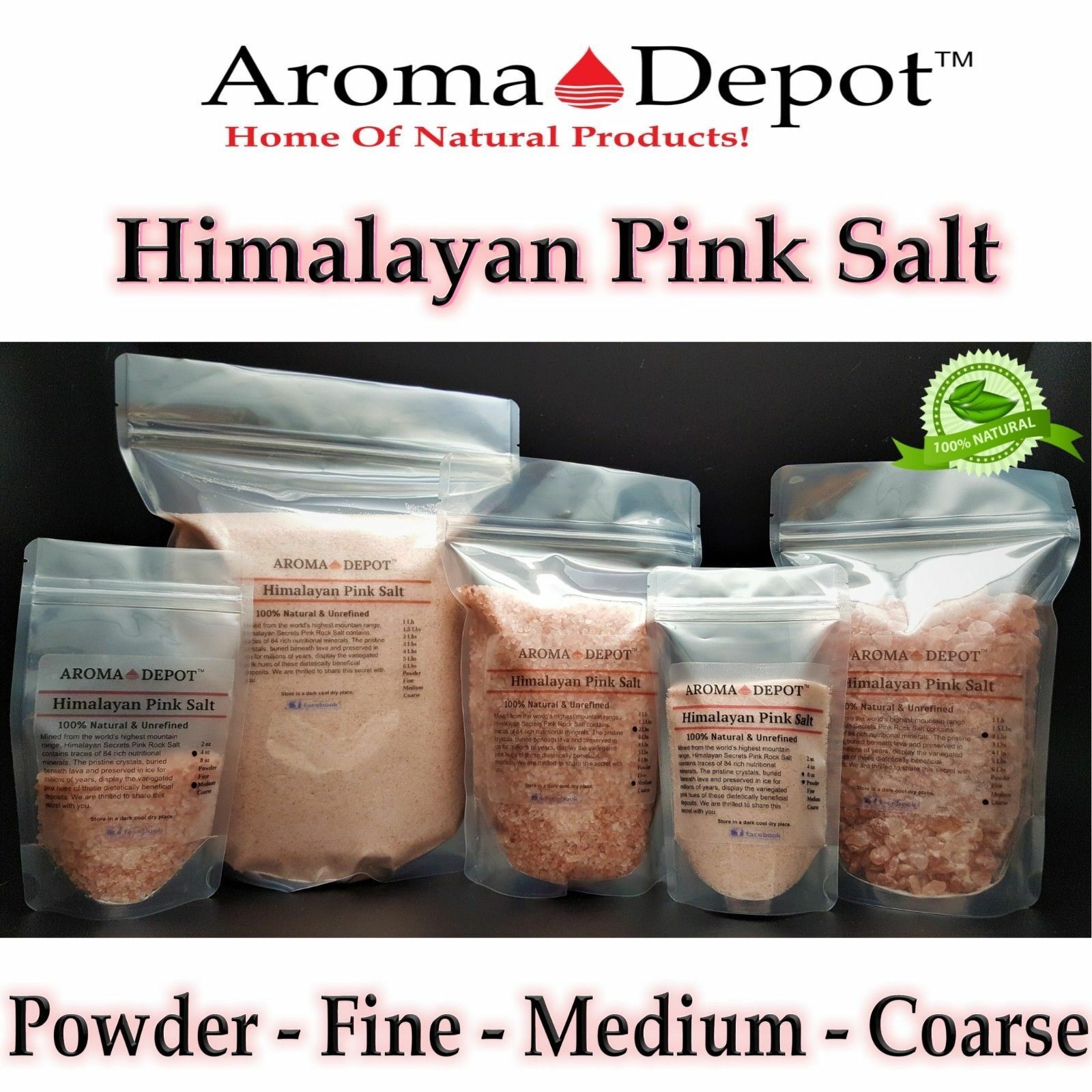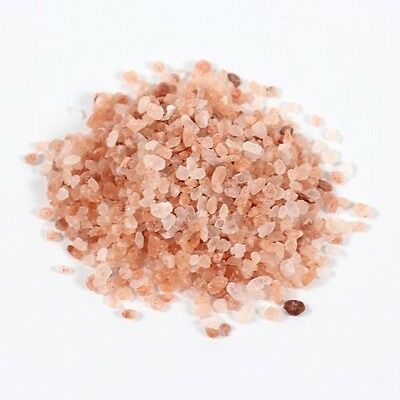-40%
SMG MONOSODIUM GLUTAMATE, MSG CHINESE SALT, US Seller, Free Shipping 味精,4oz-3lb
$ 3.69
- Description
- Size Guide
Description
WE GUARANTEE THAT WE HAVE THE BEST PRICE AND QUALITY ON EBAY !SMG MONOSODIUM GLUTAMATE, MSG CHINESE SALT, US Seller, Free Shipping 味精,4oz-3lbs
Condition: Product of this year!!! NEW and FRESH!!!
F
REE SHIPPING, FAST DELIVERY.
30 DAYS MONEY BACK, NO RESTOCKING FEE!
Shelf life-
Expiration Date: 24 Months (Cool and sealed Storage)
Monosodium Glutamate Benefits
Monosodium glutamate is an additive used to enhance the flavor of your food. This white substance is the sodium salt of L-glutamic acid, an amino acid that occurs naturally in food. Monosodium glutamate resembles salt or sugar and is tasteless when eaten solo. One of the benefits of adding monosodium glutamate to food is an extra burst of flavor. It also permits cooks to reduce the amount of table salt they use.
Flavor
Monosodium glutamate brings out the flavor of savory dishes. According to the European Food Information Council, or EUFIC, it's also added to processed foods, frozen foods, canned soups and broths, salad dressing and spice mixes. Monosodium glutamate, or MSG, also goes by the names hydrolyzed soy protein and autolyzed yeast. Cooks worldwide still favor this food additive, according to a March 2008 article published in the "New York Times." It adds a "fifth flavor" to food called "umami." The taste monosodium glutamate imparts to food has been described using many positive adjectives: meaty, hearty, rounded, savory and "broth-like."
Sodium Reduction
Monosodium glutamate can replace other sodium-heavy seasonings in food. MSG has one-third the amount of sodium that table salt does. Cooks who use this additive to flavor dishes can decrease the amount of table salt they use by up to 40 percent—and the dish will still taste good.
Safety
Monosodium glutamate has hundreds of studies to support its safety, according to the International Food Information Council Foundation, or IFICF. Some of the following governmental authorities and other organizations have deemed MSG safe to use as a food additive: the U.S. Food and Drug Administration; the National Academy of Sciences; the European Community's Scientific Committee for Food; and the American Medical Association. Monosodium glutamate is not an allergen. The IFICF points out that most Americans get more glutamates from the foods they eat than they do MSG, consuming roughly 11 g natural glutamates to 1 g glutamates from MSG, per day.
Other Information
Monosodium glutamate continues to inspire controversy among who link the additive to serious neurological side effects and other undesirable adverse effects. "Chinese food syndrome" was first noted in 1968, when the MSG used in Chinese food in American restaurants was blamed for symptoms such as profuse sweating, headaches, flushing, chest pain, dizziness, numbness in the face and neck and weakness. MedlinePlus states that numerous clinical studies have yet to conclusively tie the consumption of monosodium glutamate to these symptoms. Your body responds to glutamates in the same way, regardless if you consume MSG or eat foods with glutamates, such as mushrooms, tomatoes and cheese, states the IFICF.
